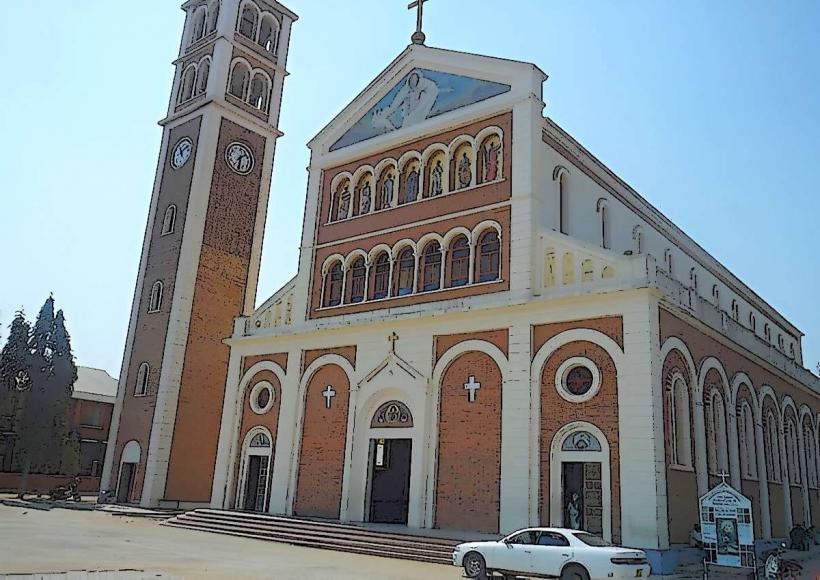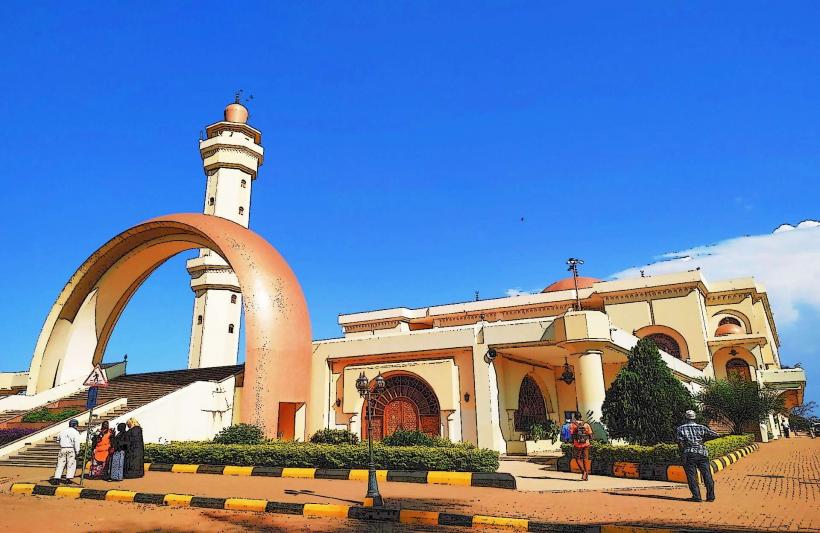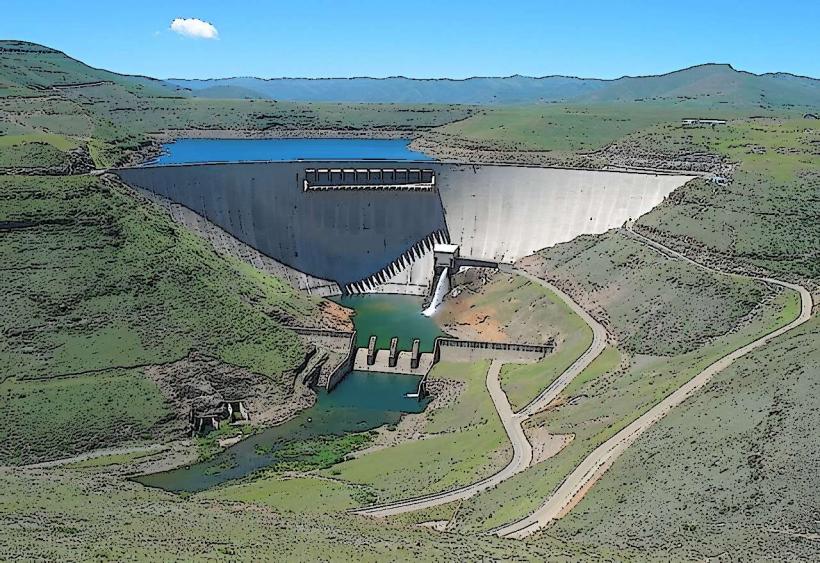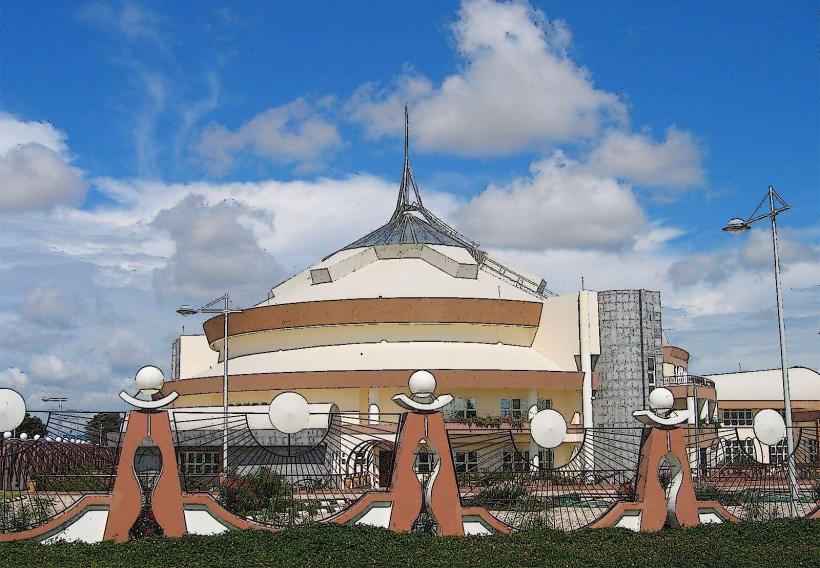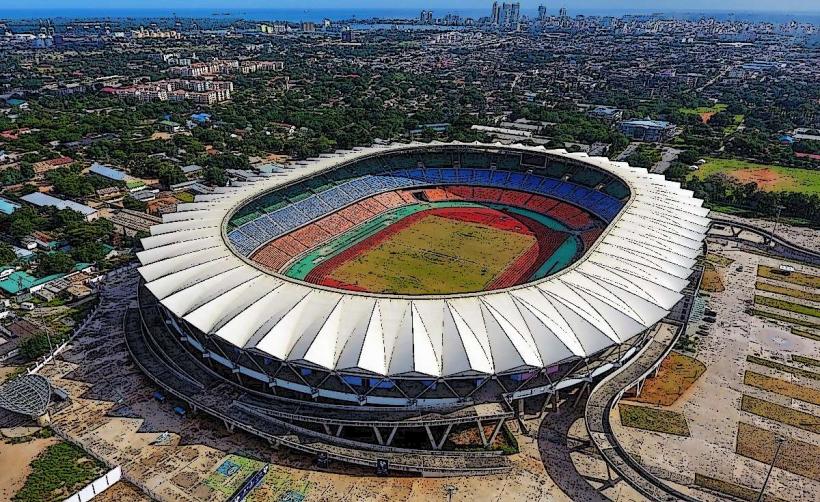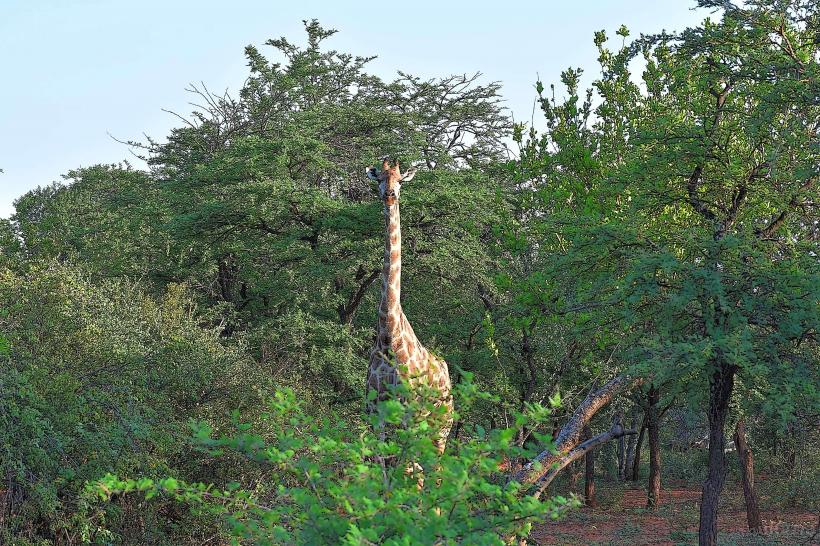Information
City: DodomaCountry: Tanzania
Continent: Africa
Dodoma, Tanzania, Africa
Dodoma is the official national capital of Tanzania and the administrative heart of the country. Situated on a central plateau at an elevation of 1,100 m, it was selected in 1974 to replace Dar es Salaam as the capital to encourage inland development. In May 2023, the transition was solidified with the opening of the new State House (Ikulu), marking the full relocation of presidential and governmental functions.
Historical Timeline
Dodoma originated as a small Gogo village called Idodomya. The modern city was formally established in 1907 by German colonists during the construction of the Central Railway. In 1973, following a national referendum, the government announced the capital move. While the transition took decades, the 21st century has seen a massive infrastructure boom, transforming it from a quiet market town into a rapidly expanding administrative city.
Demographics & Population
The 2026 metropolitan population is approximately 765,000 (Dodoma City Council), though the wider regional population exceeds 2.8 million. It is the ancestral home of the Gogo people, known for their unique music and semi-arid farming traditions. The city is highly diverse, hosting government officials, diplomats, and students from across the nation.
Urban Layout & Key Districts
Government City (Mtumba): A purpose-built district on the city's outskirts housing all national ministries and foreign missions.
CBD: The historic center, home to the central market, the old railway station, and the main commercial banks.
Area C & Area D: Established middle-to-high-income residential neighborhoods.
Ihumwa: A rapidly developing eastern suburb and the site of the new SGR (Standard Gauge Railway) station.
Kisasa & Kizota: Growing residential and industrial hubs serving the expanding urban population.
Top Landmarks
Bunge (National Assembly): An architecturally striking complex where the Tanzanian Parliament meets; it is the center of the nation's political life.
Gaddafi Mosque: One of the largest mosques in East Africa, featuring a distinct pink-and-white facade and a capacity for 3,000 worshippers.
Nyerere Square: A central plaza featuring a statue of Mwalimu Julius Nyerere, the nation's founder.
Lion Rock (Simba Hill): A massive granite outcrop on the city's edge offering panoramic views of the capital; popular for hiking.
The Anglican Cathedral (Holy Spirit): A large stone cathedral with a prominent dome, reflecting the city's diverse religious landscape.
Kondoa Rock-Art Sites: A UNESCO World Heritage site located a few hours north, featuring ancient hunter-gatherer paintings.
Transportation Network
Rail: The SGR (Standard Gauge Railway) connects Dodoma to Dar es Salaam in roughly 3.5 hours. The historic Central Line also remains active for cargo and slow-speed passenger transit.
Air: Dodoma Airport (DOD) is located near the city center, handling daily domestic flights. The new Msalato International Airport is currently under construction to accommodate larger international aircraft.
Road: Dodoma is the intersection of the Great North Road (Cape to Cairo) and the East-West corridor, making it a primary hub for cross-country bus travel.
Safety & Health
Safety: Dodoma is one of Tanzania’s safest cities with low violent crime rates, though standard precautions apply in crowded markets.
Health: The semi-arid climate means a lower malaria risk than coastal regions, but it remains a concern. The city hosts the Benjamin Mkapa Hospital, a leading specialist facility.
Water: Municipal water is often scarce during the dry season; many residents rely on boreholes.
Digital & Financial Infrastructure
5G coverage is comprehensive across the government and commercial districts. The currency is the Tanzanian Shilling (TZS). Mobile Money is the primary method for utility payments and local commerce. High-end services in the Government City accept international credit cards.
Climate & Economy
Semi-arid climate with a single rainy season (December–April).
Weather: Hot during the day ($28^\circ\text{C}$–$30^\circ\text{C}$) and cool at night.
Wine Industry: Dodoma is the only region in East Africa with a significant wine industry. The Central Tanzania Wine Company (CETAWICO) produces various reds and whites, notably from the "Makutupora" grape.
Agriculture: A major center for sorghum, millet, and sunflowers.
Local Cost Index (TZS)
1 SGR Ticket (Business Class to Dar): 45,000–60,000 TZS
1 Bottle of Local Dodoma Wine: 12,000–25,000 TZS
1 Shared Dala-dala ride: 500–700 TZS
Facts & Legends
Legend says the name "Dodoma" comes from the Gogo word idodomya, meaning "it has sunk," referring to an elephant that once became stuck in the mud of a local swamp. A geographic fact: Dodoma is located at the exact center of Tanzania, equidistantly placed between the lakes, the mountains, and the sea. Historically, it was planned to be a "non-monumental" capital, built on a human scale meant to be experienced on foot rather than by car.

